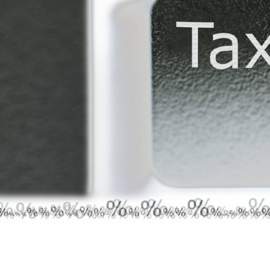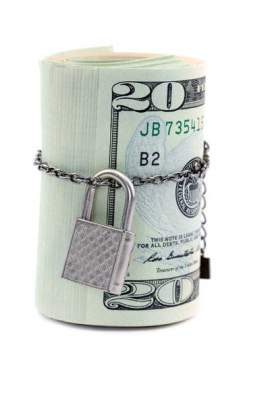
Understanding Tax Exempt Status

The estate tax exemption granted by the federal government to an estate varies from year to year. The estate tax exemption means that a certain portion of the estate, or inheritance, will not be taxed by the federal government. This is primarily a tax that is encountered by individuals with substantial estates.
For each year between 2001 and 2009, the amount of the estate tax exemption increased, $675 thousand in 2001, $1 million in 2002 and 2003, $1.5 million in 2004 and 2005, $2 million in 2006 and 2007, before reaching $3.5 million in 2009.
Any remaining portion of the estate above the part that is tax exempt will be at a varying taxable rate. In 2001 the rate was 55 percent, 2002 fifty percent, 49 in 2003, 48 in 2004, 47 in 2005, 46 in 2006, and 47 in 2007 through 2009.
In 2010, due to criticisms regarding the estate tax as a whole, which had been criticized as being a “death tax,” the estate tax was repealed, meaning that the entire estate of an individual who died in this year would be considered tax exempt.
A bill has since passed which returns the tax exemption level to the 2002- 2003 level of $1 million, with the tax rate on the non-tax exempt portion of the estate at 55 percent.
NEXT: Understanding UK Tax Exempt Cars



















